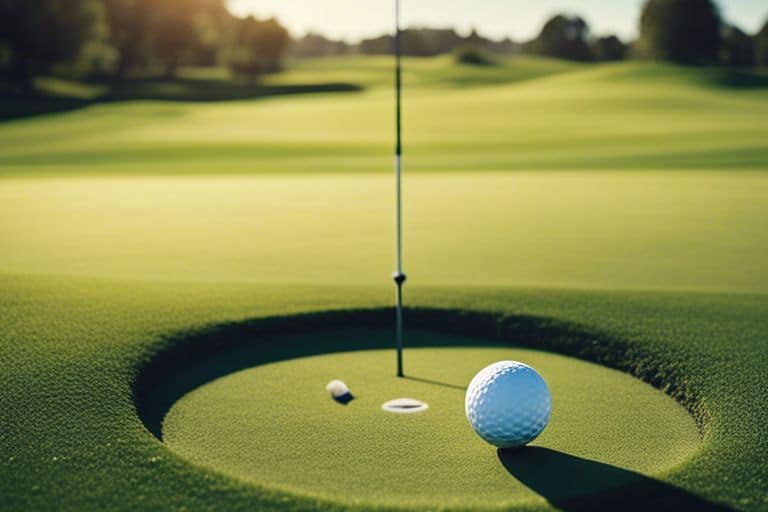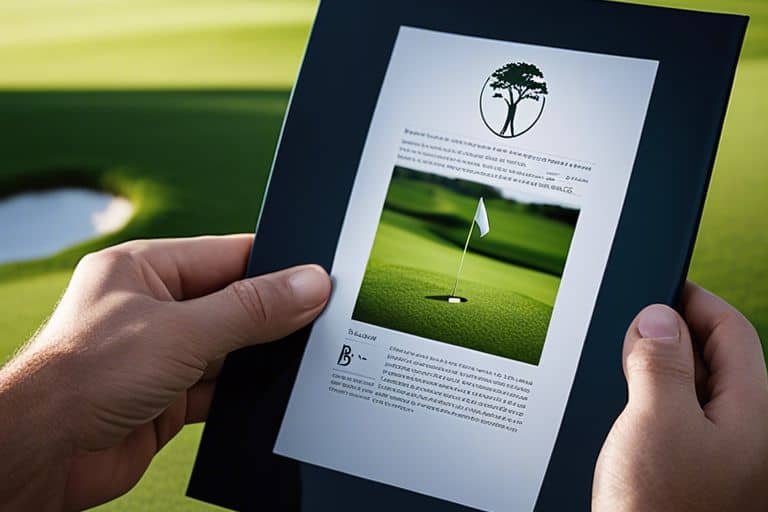What is a birdie in golf?
Permit me to explain to you the concept of a birdie in the game of golf. A birdie occurs when a golfer hits the ball into the hole one stroke under par. In other words, it requires one less stroke than the standard number of strokes designated for the hole. This achievement is a significant accomplishment and is often celebrated by golfers as it indicates a high level of skill and precision.
The Concept of a Birdie
The concept of a birdie in golf refers to achieving a score of one stroke under par on any individual golf hole. In other words, a birdie is when a player completes a hole with one stroke fewer than the predetermined par for that hole. For example, if a hole is designated as a par 4, and a player completes the hole in 3 strokes, they have achieved a birdie.
Origin of the Term “Birdie”
The term “birdie” is believed to have originated in the United States in the late 19th century. It is thought that the term was coined at the Atlantic City Country Club in New Jersey. Supposedly, the term was first used when a player hit a particularly good shot and his playing partners remarked that the shot was “a bird of a shot”. Over time, this evolved into the term “birdie” to describe a score of one stroke under par.
Scoring a Birdie in Golf
Scoring a birdie in golf is a significant achievement and is celebrated by golfers as it demonstrates skill and precision on the part of the player. Achieving a birdie can be a confidence booster and can positively impact a player’s overall round. It is often seen as a mark of progress and improvement in a player’s game, as they are able to complete a hole with fewer strokes than the average player.
The Significance of a Birdie
While a birdie may seem like just one stroke under par, its significance in the game of golf cannot be overstated. Scoring a birdie can provide a significant boost to a player’s confidence and momentum, making it a crucial achievement on the course. It signifies skill, precision, and control as a golfer navigates the course with finesse and accuracy.
Birdies and Golf Strategy
Scoring birdies is not just about hitting incredible shots; it also involves strategic decision-making on the course. When facing a shorter par 4 or a reachable par 5, players must weigh the risks and rewards of going for a birdie. This decision-making process is a key aspect of golf strategy, and it can separate successful golfers from the rest.
Birdies in Professional Golf Tournaments
In professional golf tournaments, the ability to consistently score birdies is often a defining factor in a player’s success. It not only reflects a player’s skill and ability to handle pressure but also their capacity to capitalize on scoring opportunities. The presence of multiple birdies in a round can propel a golfer to the top of the leaderboard and ultimately lead to victory.
Birdies Compared to Other Golf Scores
After understanding the concept of a birdie in golf, let’s compare it to other scores commonly achieved on the golf course. Below is a breakdown of birdies compared to par, bogeys, eagles, and albatrosses.
| Score | Description |
| Par | The standard score for a specific hole |
| Birdie | Scoring one stroke under par |
| Bogey | Scoring one stroke over par |
| Eagle | Scoring two strokes under par |
| Albatross | Scoring three strokes under par |
Par and Birdie: Understanding the Difference
When I refer to “par” in golf, I mean the standard number of strokes that a proficient golfer is expected to need to complete a hole. For instance, if a hole is a par 4, you are expected to complete it in 4 strokes. On the other hand, a “birdie” is achieved when you complete a hole in one stroke less than par. For example, scoring a 3 on a par 4 hole would be considered a birdie.
The Rarity of Birdies vs. Eagles and Albatrosses
While a birdie is a remarkable achievement on the golf course, it is important to note the rarity of scoring an eagle or albatross. An “eagle” is scored when you complete a hole in two strokes less than par, and an “albatross” is when you score three strokes under par. These scores are significantly rarer than a birdie, making them a remarkable accomplishment when achieved.

Improving Your Golf Game
Despite the seemingly simple premise of golf, achieving consistent success on the course is no easy feat. To improve your golf game and increase your chances of scoring a birdie, there are a few key areas to focus on: techniques to increase your chances of scoring a birdie and mental preparation for achieving birdies. By honing your skills in these areas, you can elevate your game and see improved results on the course.
Techniques to Increase Chances of Scoring a Birdie
When aiming to score a birdie, it’s essential to focus on your approach and short game. One technique that can greatly increase your chances of achieving a birdie is honing your putting skills. The ability to read greens effectively and sink putts consistently is crucial for lowering your score. Additionally, mastering the art of chipping and pitching can help you get the ball closer to the hole, giving you a better chance of scoring a birdie. By refining these techniques, you can put yourself in favorable positions to score lower on each hole.
Mental Preparation for Achieving Birdies
Aside from honing your physical skills, mental preparation is equally important when striving to achieve birdies on the golf course. Visualizing successful shots and focusing on positive outcomes can help you approach each hole with confidence and determination. Maintaining a positive mindset, regardless of the challenges you may face on the course, is key to achieving success and ultimately scoring birdies. By staying mentally sharp and focused on your goals, you can increase your chances of performing at your best and achieving the desired results.

The Definition of a Birdie in Golf
The birdie in golf is a term used to describe a score of one stroke under par on a given hole. It is an accomplishment that many golfers aspire to achieve and is often celebrated with a sense of achievement. The significance of achieving a birdie can vary depending on the skill level of the golfer and the difficulty of the hole, but it is generally seen as a positive outcome during the course of a round. As a golfer, it is important to understand the concept of a birdie and work towards achieving this goal as part of the overall game.





